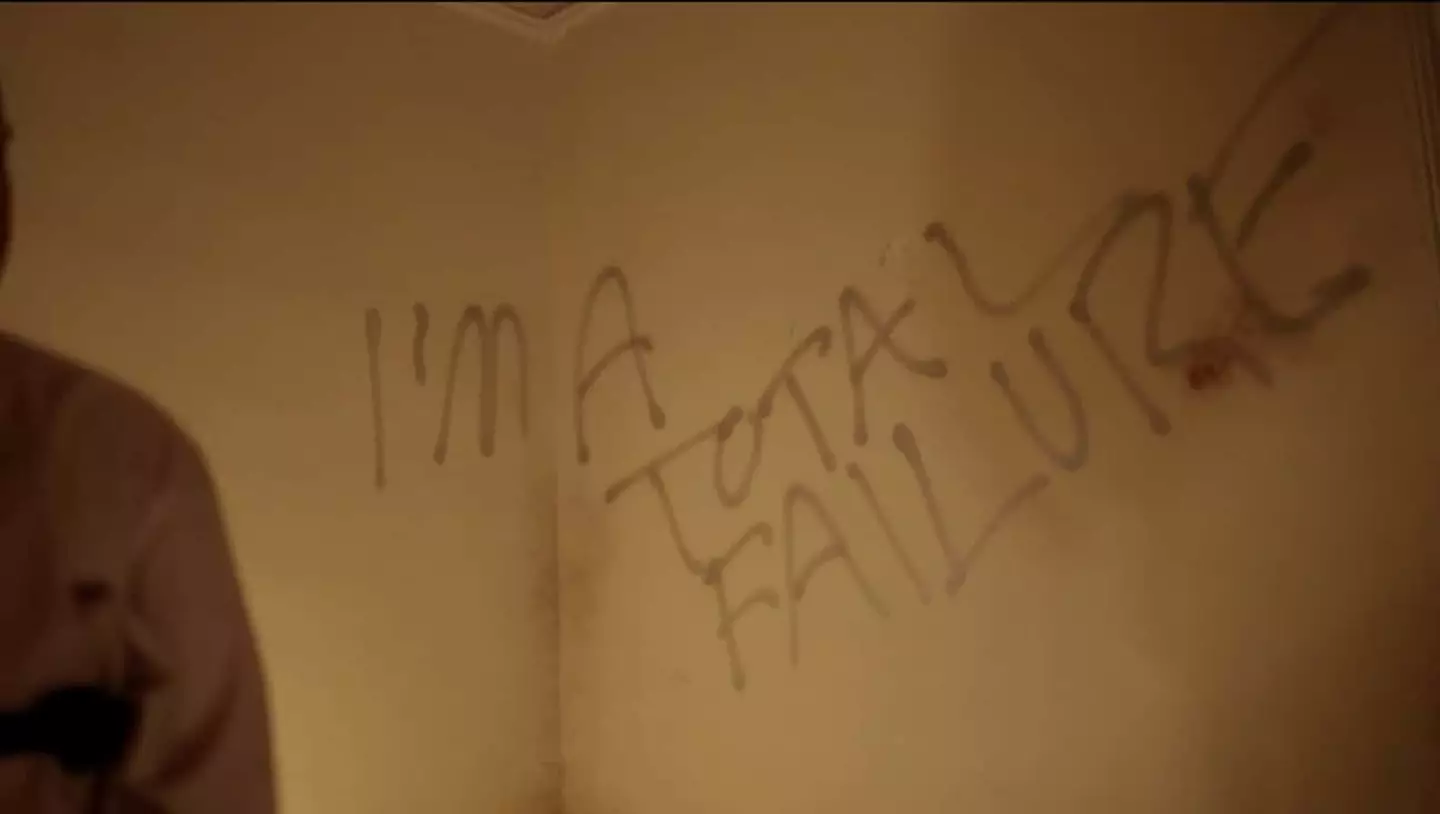Warning: This article contains discussions of suicide and murder that some readers may find upsetting
The eerie case of a New Orleans suicide unraveled into something far more sinister after evidence was discovered in the pocket of a deceased individual.
In 2006, the body of bartender Zachary Bowen was discovered in a parking garage adjacent to a rooftop bar, appearing to have died by suicide.
However, the situation took a bizarre turn upon further investigation.
The residents of Crescent City were in shock following the death of the 28-year-old, who, along with his girlfriend Addie Hall, had become somewhat of a local legend during the Hurricane Katrina crisis.

While living in the French Quarter, the couple would exchange drinks for food and had even been featured in the local newspaper for their efforts to unite the community.
But revelations about their relationship hinted at underlying troubles, culminating in a gruesome end.
A few days before Bowen’s body was found, he had committed a horrifying crime.
A suicide note discovered in his right front pocket directed authorities to investigate his apartment.
Upon entering his residence, which he shared with Hall, police found writing spray-painted on the walls, labeling Bowen as a ‘failure.’
In the kitchen, they discovered two pots on the stove—one containing a human head, the other holding hands and feet.
The oven revealed baking trays filled with seasoned legs and arms.

The victim? His girlfriend of over a year, Addie Hall.
Reports and Bowen’s own suicide note addressed to police—written in Hall’s journal—revealed he had strangled her days earlier before embarking on a drug and alcohol binge.
He returned to their home to dismember her body in an attempt to conceal his crime, but was tormented by his actions.
An autopsy revealed that Bowen had inflicted cigarette burns upon himself, one for each year of his life, as a form of self-punishment.
As a divorced father co-parenting with his ex, Bowen harbored many negative thoughts about his life, including the failures of his marriage and military service.
He was reportedly an Iraq war hero who received medals for bravery, but the atrocities of war left him deeply affected.

Many believed he suffered from Post Traumatic Stress Disorder following a general (not honorable) discharge, which he perceived as yet another personal failure.
This change in his personality contributed to the end of his marriage.
Eventually, he met Hall, who also had violent tendencies and issues with excessive drinking.
Their relationship was tumultuous, characterized by heavy drinking and frequent breakups, leaving friends uncertain about their status as a couple.
Ultimately, the couple decided to reconcile and moved into an apartment together, but within weeks, both were dead.
Had Bowen not left that note in his pocket, it remains uncertain how long it would have taken to find Hall’s body and whether police would have identified him as the perpetrator.
If you or someone you know is struggling or experiencing a mental health crisis, assistance is available through Mental Health America. Call or text 988 or visit 988lifeline.org. You can also reach the Crisis Text Line by texting MHA to 741741

